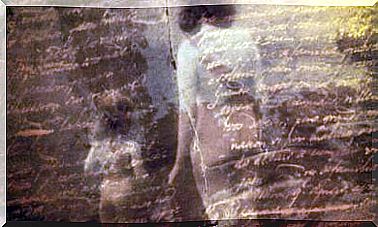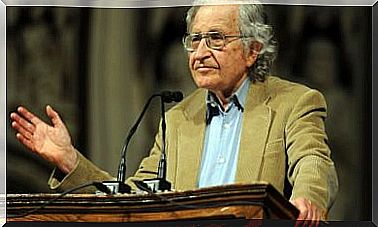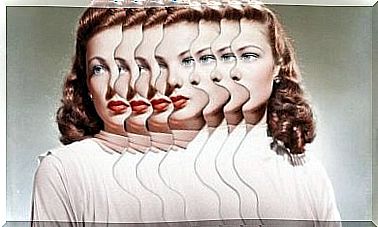Ignacio Martín-Baró And The Liberation Psychologist
Ignacio Martín-Baró was the father of liberation psychology – a movement that completely changed our understanding of social psychology. Inspired by other liberation movements, Martín-Baró focused on studying people’s problems and circumstances.
Social psychology stems from his ideas. It focuses on strengthening societies, fighting poverty and defending democracy and mental health.
Ignacio Martín-Baró was born in Valladolid, Spain in 1942, far from where he would develop the theory of liberation psychology. After joining the Jesuit order and becoming a priest, he was sent to Central America. There he studied philosophy, theology and psychology and eventually settled in San Salvador, El Salvador.
He wrote his doctoral dissertation on social attitudes and conflicts in the country. More specifically, he wrote about population density among the lower class in that part of the world. He also lectured at several universities in many different countries, but spent most of his time at Central American University in San Salvador.
He and several other Jesuit priests were assassinated on November 16, 1989, by El Salvador’s army, under orders from General René Emilio Ponce. Now they are all seen as martyrs.
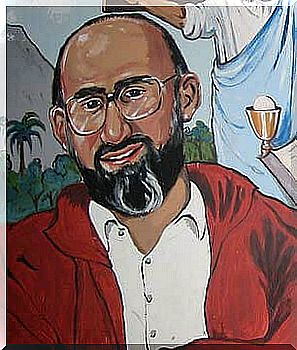
Liberation psychology has its roots in three previous movements. These movements are liberation theology, liberation philosophy and liberation pedagogy. Liberation theology supports those most in need: the poor. It is a Christian movement that focuses on the oppression and injustice of the lower classes through the social sciences.
Liberation philosophy is about creating knowledge. It is said that what we study most comes from middle- and upper-class Western men and that we do not see other people’s knowledge as valid. The philosophy of liberation claims that we must learn by talking to the “others” that we never consider.
It comes from Paulo Freire’s theories. He believed that liberation would come through education. He believed that humans are rational beings who can reflect on their own realities.
In addition , liberation pedagogy was about teaching people how to think critically and practically. It is also about teaching people the values of equality without trying to indoctrinate them. Finally, it was about educating people based on their own needs, not the needs of the economy.
Last but not least, its goal was to help people understand the world through critical reflection on their own experiences.
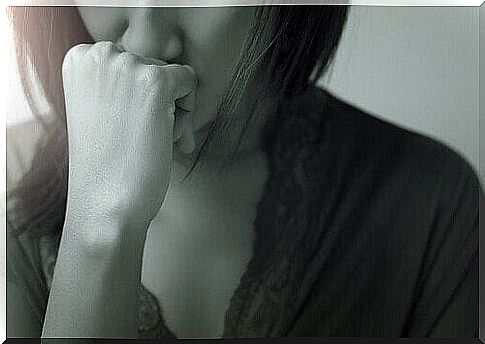
Ignacio Martín-Baró took all these ideas and created a new movement: liberation psychology. The idea was that psychology would become more context-based and focus on people’s problems.
He worked for a kind of psychology that focused on specific contexts rather than artificial ones. He also believed that psychology was not impartial and defended the idea of a more critical, subjective form of science.
Martin-Baró created the Public Opinion Institute at UCA. He used the organization to send out questionnaires and then shared the information he collected. Martín-Baró succeeded in freeing many people from false notions in this way. But the authorities did not like his ideas, which was the reason why he was murdered.

